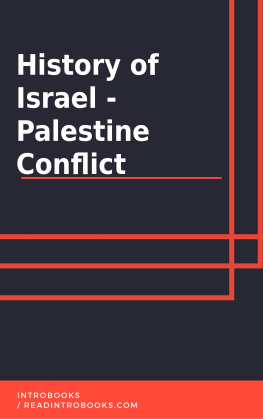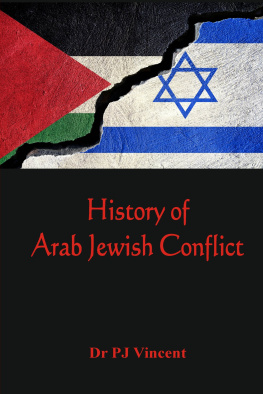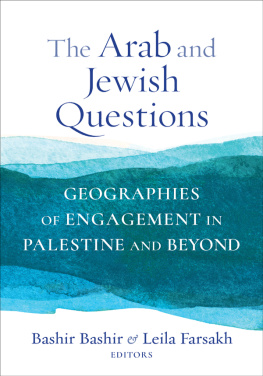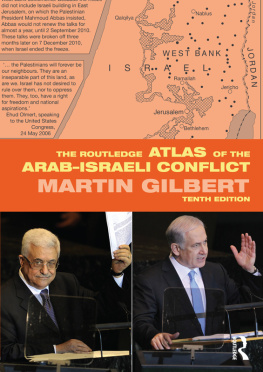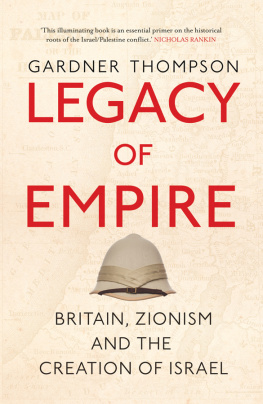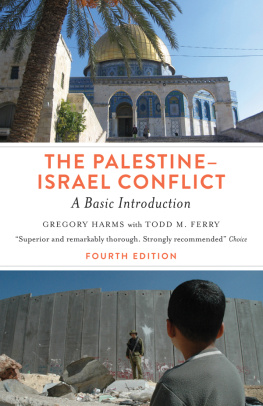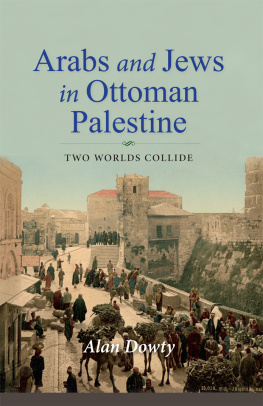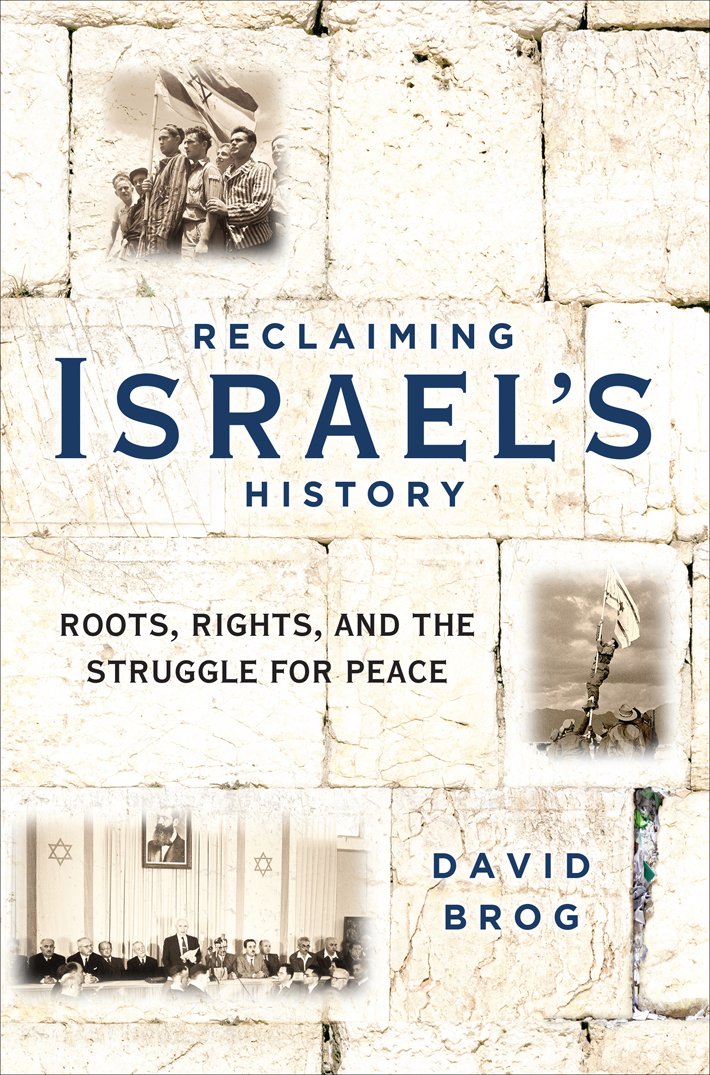

Copyright 2017 by David Brog
All rights reserved. No part of this publication may be reproduced or transmitted in any form or by any means electronic or mechanical, including photocopy, recording, or any information storage and retrieval system now known or to be invented, without permission in writing from the publisher, except by a reviewer who wishes to quote brief passages in connection with a review written for inclusion in a magazine, newspaper, website, or broadcast.
Regnery is a registered trademark of Salem Communications Holding Corporation
Cataloging-in-Publication data on file with the Library of Congress
First e-book edition 2017: ISBN 978-1-62157-609-9
Originally published in hardcover, 2017
Published in the United States by
Regnery Publishing
A Division of Salem Media Group
300 New Jersey Ave NW
Washington, DC 20001
www.Regnery.com
Manufactured in the United States of America
10 9 8 7 6 5 4 3 2 1
Books are available in quantity for promotional or premium use. For information on discounts and terms, please visit our website: www.Regnery.com.
Distributed to the trade by
Perseus Distribution
www.perseusdistribution.com
For Hila
Table of Contents
Guide
CONTENTS
Criticizing Israel is not anti-Semitic, and saying so is vile. But singling out Israel for opprobrium and international sanctionout of all proportion to any other party in the Middle Eastis anti-Semitic, and not saying so is dishonest.
Thomas L. Friedman, 2002
T here was a time when Israel could do no wrong. Before 1967, Americans and most other Westerners typically saw Israel as an embattled outpost of democracy heroically defending itself from Arab multitudes determined to destroy it. Israels civilians were gutsy. Israels soldiers were gallant. Israels wars were good.
This myth of the perfect Israel could not last. No nation is so noble and no cause so pure. Israel has committed sins both small and large. Israeli soldiers have killed innocent Arab civiliansand not always by mistake. Israeli commanders have expelled Arabs from their villages and destroyed their homesand not always in cases of clear military necessity.
We now know about these Israeli transgressions in detail. We know about them because Israeli scholars have documented them. And we know about them because the Israeli media has publicized them. Such is life in a free society.
The problem is that the very facts that helped destroy one false narrative are now being used to construct a new one. The myth of the perfect Israel is being replaced by the myth of the evil Israel. Israels exceptionally multiracial and multicultural society is condemned as apartheid. Israels unparalleled efforts to defend its citizens while minimizing harm to Palestinian civilians are dismissed as massacres. A complex reality in which the Palestinians have rejected repeated Israeli offers of statehood is dismissed as occupation.
Slanders such as these are fragile creatures. They can survive only in a rarefied environment empty of all context and history. Those seeking to spread such lies must disconnect Israels actions from their underlying motives. And once the rationale is removed, the noblest defense is transformed into the ugliest aggression. The Allies had a very good reason to invade France on D-Day. This reason is why the men who fought and killed that day are heroes, not villains. Context is key.
Those seeking to tell the truth about Israel today need not revive the old fantasy. But we must confront the new lies. Most important, we must provide the context within which Israel has made difficult decisions and taken controversial actions.
WHY ISRAEL?
In revisiting these controversies, we will be placing Israel under a microscope. Such an invasive examination will inevitably highlight flaws that were invisible from afar. The very act of inspection is, practically speaking, an act of criticism. Only the perfect would emerge from such scrutiny undiminished.
So perhaps before proceeding to examine Israel, we should first pause to examine ourselves. Most of us who dissect Israels founding and subsequent struggles have never made a similar study of any other nation, including our own. So why Israel? Does our focus on Israel speak to the special nature of Israels sins? Or does this singular scrutiny reflect instead a flaw animating Israels accusers?
Israels critics are quick to claim the former. They dont deny their special focus on Israel. They rationalize it by reference to Israels alleged crimes. The modern anti-Israel narrative focuses on a trio of Palestinian grievances in particular: occupation, statelessness, and refugeedom.
OCCUPATION AND STATELESSNESS
The crux of the modern complaint against Israel is that it is occupying the land on which the Palestinians want to build their state, thereby rendering them stateless. Those leading the attack typically speak of occupation and statelessness as crimes so outrageous that they invalidate any defense. As Palestinian President Mahmoud Abbas phrased it in 2014, We are the only people on earth still living under occupation. Not acceptable.
The underlying claim is true. The Palestinians are indeed stateless. But the issue of causation is more complex. Just because the Palestinians are stateless does not mean that Israel is to blame. National suffering, much like personal pain, can be self-inflicted.
The fact is that the Palestinians have been offered a state of their own in practically all of the West Bank and Gazaand in even larger territorieson five separate occasions. The first offer was made in 1937. The most recent offer was made in 2008. The Palestinians turned down each of these deals. This history of independence offered and rejected should at least give critics pause before they point their fingers at Israel.
Its also important to note that statelessness is not the singular, insufferable condition that so many suppose it to be. President Abbass protestations notwithstanding, the Palestinians are not the only occupied people on the planet. Far from it. The Encyclopedia of the Stateless Nations chronicles the claims of 350 stateless nations. And the encyclopedias author is quick to stress that these 350 examples represent only a fraction of the worlds stateless nations. He profiled only those stateless nations that are actively seeking their independence.
There are multiple stateless nations that have never organized or sustained independence movements. In fact, according to the United Nations, only 3% of the worlds 6,000 national groups have achieved statehood. Some of these stateless nations are relatively new onessuch as the Palestinianswho developed their national identities after World War I, World War II, or even later. Other stateless nations are ancient onessuch as the Kurdswho have had their own separate identities for centuries.
Some of these stateless nations are small and obscure, such as the 790,000 Jejuvians of Korea and the 1.3 million Majeerteens of Somalia. Other stateless nations are large yet still obscure, such as the 23 million Ibos of Nigeria or the 11-million-strong Baluch community in Iran, Afghanistan, Pakistan, and India. Other stateless nations have higher profiles, such as the 6.5 million Tibetans in China and the 70 million Tamils of south India and northern Sri Lanka.


